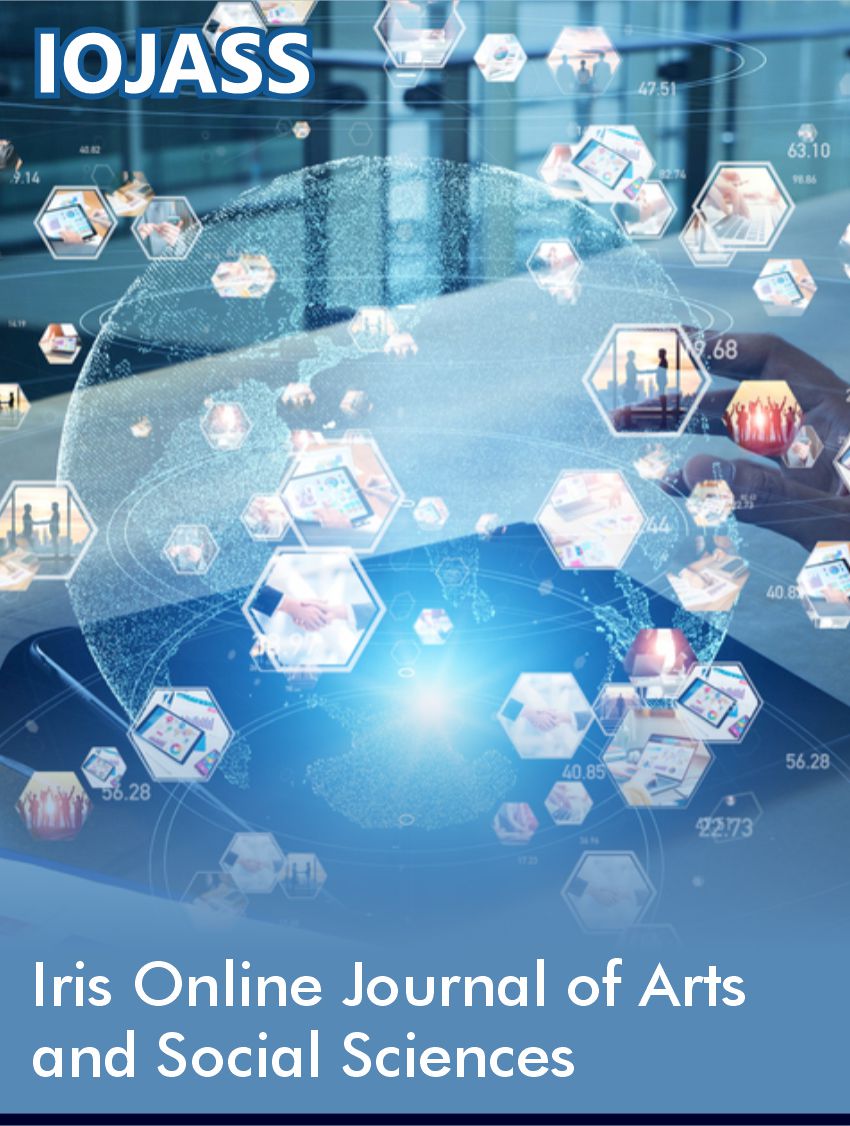 Research Article
Research Article
The Ethical Mystery of the Sphinx Riddle
Matthew Xiaofei WEI1 and Mr. Xusheng JIN2*
1Ph.D, Professor, Research Center of Multi-Culture and Comparative Literature, School of Foreign Languages, Shanghai Jiao Tong University, P. R. China
2lecturer, School of Foreign Languages, Shanxi University, China
Mr. Xusheng JIN, lecturer, School of Foreign Languages, Shanxi University, China
Received Date: January 22, 2023; Published Date: January 31, 2023
Abstract
This thesis embarks upon a polemic trek by poring over the origin of human ethical consciousness in Adam and Eve after their eating of the Tree of Good and Evil in the Bible, then goes on to explore the ethical mystery of the Sphinx Riddle in Greek Mythology, illustrate the ethical dilemma of Hamlet in Shakespeare’s renowned drama, and finally wind up with a new vision on Robert Frost’s poem with Lawrence’s idea of the Noble Wild Beast. Believing that there has appeared the binary of animality and rationality in man since the Biblical time, this thesis believes that human beings have repeatedly prized rationality over animality, emphasized ethical order over native desire, thus adoring knowledge and power while despising emotion and love. It tries to explore into such questions as: Why does God forbid Adam and Eve from plucking from the Tree of the Knowledge of Good and Evil? Is Eve making a sort of ethical choice by eating the Forbidden Fruit? What is the ethical significance of Sphinx itself? Has Oedipus really cracked the Sphinx Riddle? What is the role that rationality has played in Hamlet? What has been neglected in Hamlet’s famous soliloquy? In what way has the binary of animality and rationality found its way in psychoanalysis? What does Lawrence mean by “Noble Wild Beast”? Reinforcing the ethical perspective in literary criticism, this thesis proposes that animality is as sound and essential as rationality, and that man actually needs to strike a good balance between his natural desire and rational knowledge, rather than fearing to be stricken by his primitive instinct and transformed into an alien to human civilization.
Keywords: Ethical Criticism; Animality; Rationality; Reason; Love; Tree of Knowledge; Sphinx Riddle; Hamlet; Freud; Lawrence
-
Matthew Xiaofei WEI and Xusheng JIN*. The Ethical Mystery of the Sphinx Riddle. On J of Arts & Soc Sci. 1(1): 2023. IOJASS. MS.ID.000501.





